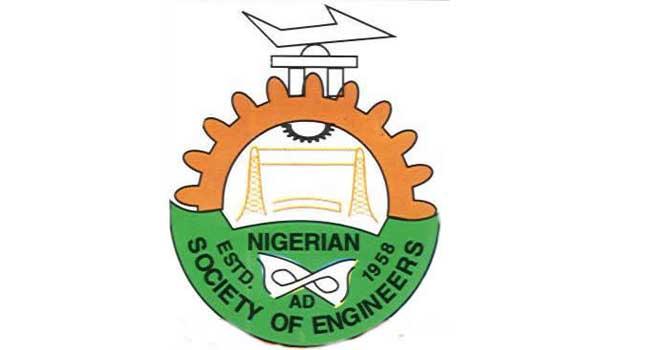The Nigerian Society of Engineers (NSE) has released a mobile application to combat the rising problem of quackery in the engineering profession and to enhance cooperation among members.
The National Information Technology Development Agency’s (NITDA) Director-General, Malam Kashifu Inuwa, represented by the agency’s Director of E-Government and Digital Economy, Mr. Salisu Kaka, introduced the app on Thursday in Abuja.
Benefits
Through the new “NSE Members App” mobile app, which is accessible on the Google Play Store and App Store, registered engineers can register for projects, get updates, and take part in social impact projects all over Nigeria.
Inuwa commended the NSE’s move, saying it was in line with the Federal Government’s aims and marked a significant milestone in the growth of local content.
“This innovation aligns with President Bola Tinubu’s digital public infrastructure agenda, a framework aimed at unifying digital service delivery across government institutions for more efficient public services and economic growth.
“These digital public goods are technologies developed to solve societal problems. What NSE has done qualifies as such and, with collaboration, it can be adapted and exported to other sectors,” he said.
According to NSE President Margaret Oguntala, the smartphone application will help recognise certified engineers and prevent unregistered individuals from engaging in their activities.
“If someone approaches me for a job, I can quickly log into the app to confirm whether the person is a registered NSE member.”
“Eventually, we plan to develop a system that allows even non-members to verify registered engineers before awarding jobs,” she said.
NSE’s mobile app facilitates communication
Oguntala emphasised that the app will facilitate communication between the national organisation and its chapters and allow members to sign up directly for training and community development projects.
She said that the mobile application contributes to the country’s development since it demonstrates how society has embraced digital transformation and how it aligns with the present administration’s digital goal.
Effects of quackery
The emergence of unskilled or quack builders in Nigeria’s building sector has led to numerous structural disasters, fatalities, and significant financial losses.
Over 221 buildings nationwide collapsed between 1974 and 2019, with 167 of the incidents occurring in Lagos alone between 2000 and 2021.
The Building Collapse Prevention Guild (BCPG) estimates that these events caused an estimated $3.2 trillion in property damage and displaced over 6,000 households.
Efforts to combat quackery
During the rebranding process for testing building materials, the Lagos State Government declared that it would implement more stringent steps to counteract agents who test items fraudulently.
The enforcement campaign’s immediate focus is on the intersection of inferior building materials and unqualified builders.
According to Engineer Olayinka Abdul, General Manager, the Lagos State Materials Testing Laboratory Agency (LSMTL) will deploy an Electronic Geographic Information System to streamline testing procedures and avoid inconsistencies brought on by saboteurs. To optimise processes, consultants will work through assigned codes or zones.
She said that all consultants connected to the Lagos State Materials Testing Laboratory (LSMTL) will be published on the official website when sending out materials test notices to improve trust, re-establish professionalism among clients, and guarantee smooth and honest service.











